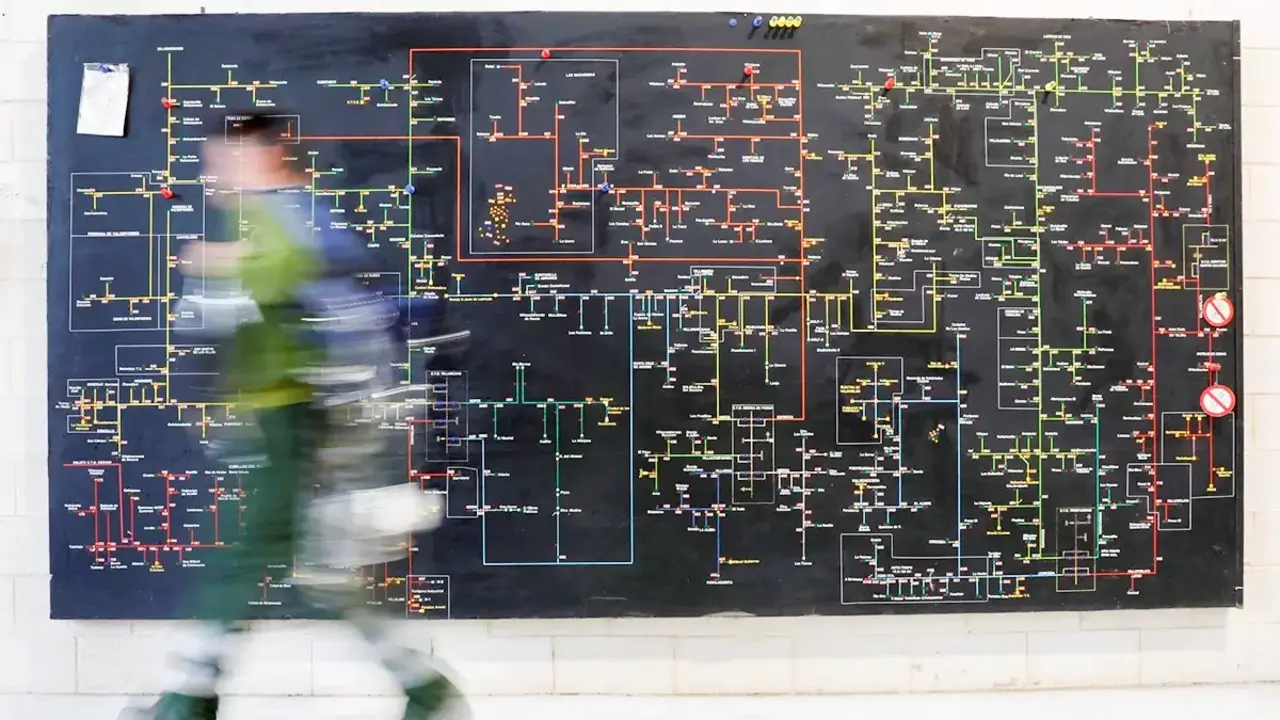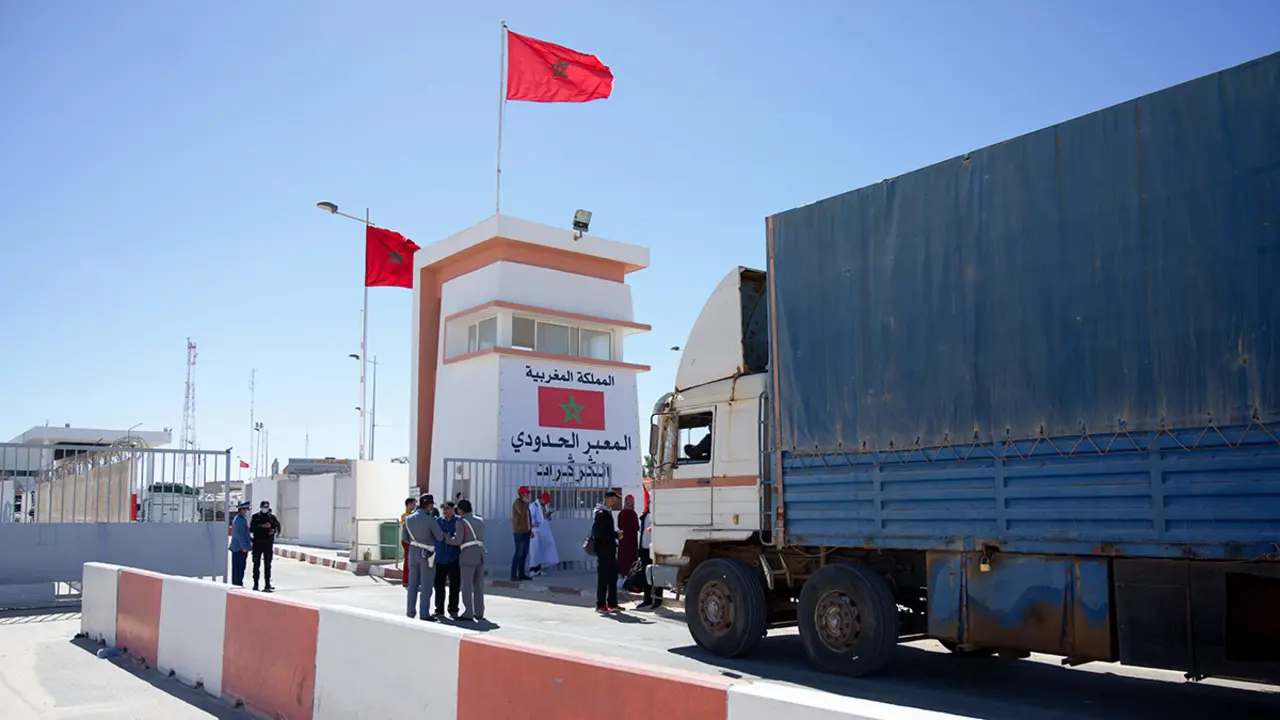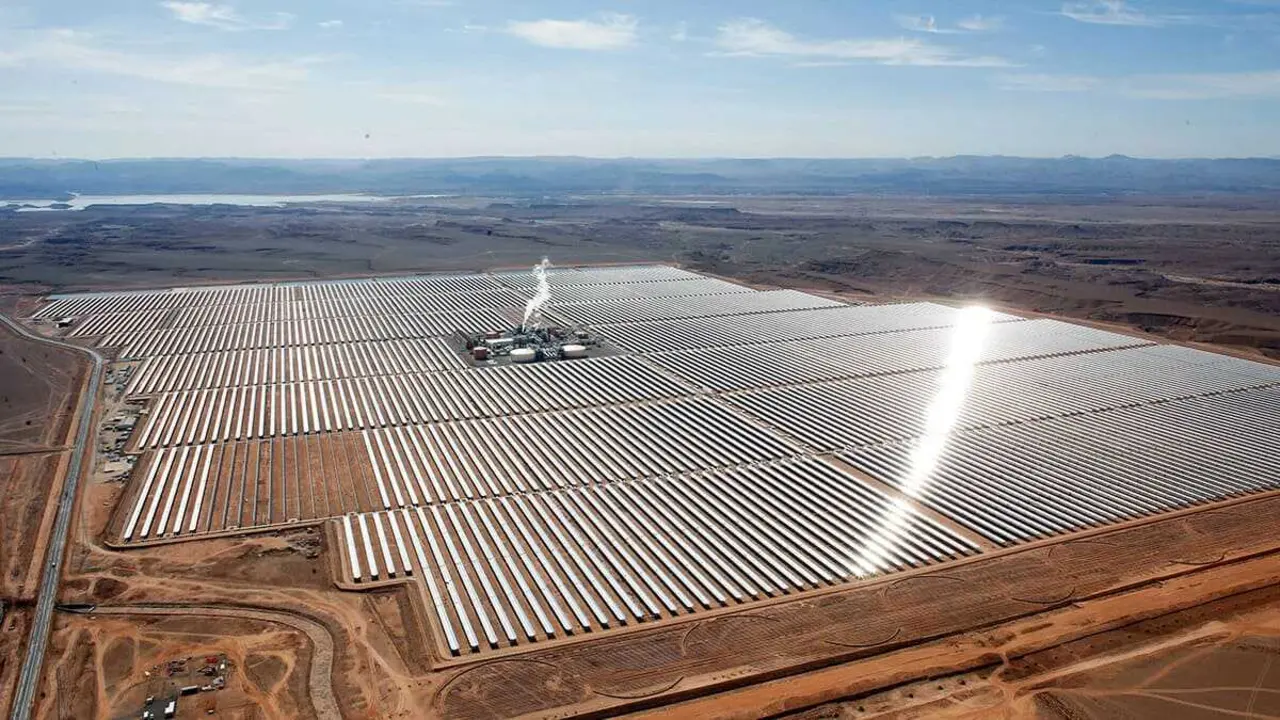Iran resumes energy supply to Iraq

The Iranian energy minister, Reza Ardakanian, led a high-level delegation that visited neighbouring Iraq on Tuesday, a country that accumulates billions of dollars in unpaid gas bills to Tehran, which for years has expressed its complaints about this.
On Monday Teheran cut off the power supply to Baghdad owing to the delays, which put the Iraqi government on the alert for fear that citizen pressure would increase owing to the power cuts.
The National Gas Company of Iran (CNGI) said in a statement that the current debt is more than 6 billion dollars, which will reduce its gas supply from five to three million cubic metres. Three billion dollars have been blocked at the Iraqi Trade Bank, the main public financial institution, and the remaining amount has not yet been paid in full by the Iraqi Ministry of Energy.
The non-payment was a breach of the energy agreement signed by both countries in June this year, which was intended to extend the remainder of 2020 and the whole of 2021, the longest agreement signed to date.
Despite the large amount of debt accumulated, the purpose of the visit was to reach an agreement allowing Iran's gas supply to Iraq to be resumed, which finally happened, though it has not been specified how Baghdad will cope with the debt and the reduction announced by the CNGI puts Iraq in serious difficulty.
The Iranian minister met his Iraqi counterpart, Majid Hantoch, the prime minister Mustafa al-Kazemi and the governor of the Iraqi central bank, Mustafa Mekhif, as in theory Iran would recover its money through the public banking institutions to avoid US sanctions.
For decades Iraqis have suffered power cuts of up to 20 hours in some areas of the country. The price of electricity has gradually shot up as one of their worst economic crises progressed and the national currency was devalued. With its own natural resources, Iraq only produces 16,000 MW, a far cry from the estimated demand of 24,000 MW, which reaches 30,000 MW in summer.
Its weak fiscal situation is compounded by the cost of the $12 billion annual electricity subsidies, which represent an astronomical expense for the Iraqi government.
In addition to the energy shortage the country has to face major challenges such as terrorism, corruption and lack of basic foodstuffs. Some of these problems have been aggravated by the pandemic.
The Iranian minister also took advantage of his visit to announce that the Joint High Commission for Economic and Trade Cooperation between Iran and Iraq will be held in the coming weeks in Teheran after a six-year break.

Energy cooperation between the two Middle Eastern countries is not to the liking of the United States, which has its biggest regional rival in Iran and imposed sanctions on its energy sector in 2018.
Despite its opposition to the signing of the June agreement, Washington has repeatedly allowed Iraq to import Iranian energy by exempting it from sanctions for periods of 90 to 120 days. However, the last exemption, granted in November, only granted 45 days.
In May this year the Iraqi finance minister stated that the government's intention was to comply with the US sanctions on Iran and stop importing electricity and gas from the Persian country. However, he did not specify when they would stop doing so and both the June agreement and that of Tuesday call his words into question.
Iraq is a country highly dependent on Iran not only for electricity but also for food imports. In order to reduce this dependence in May this year it sealed an energy agreement with Saudi Arabia, but even so, for the time being, it will have to continue to maintain a good relationship with Teheran.








